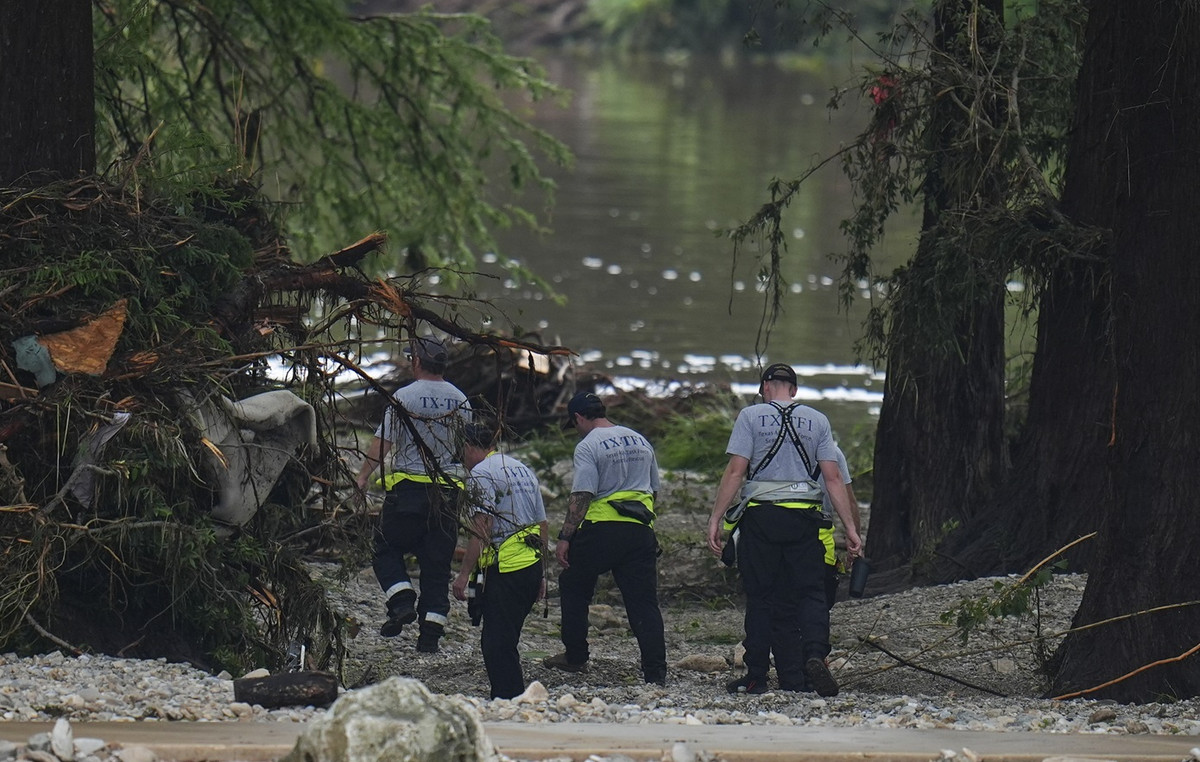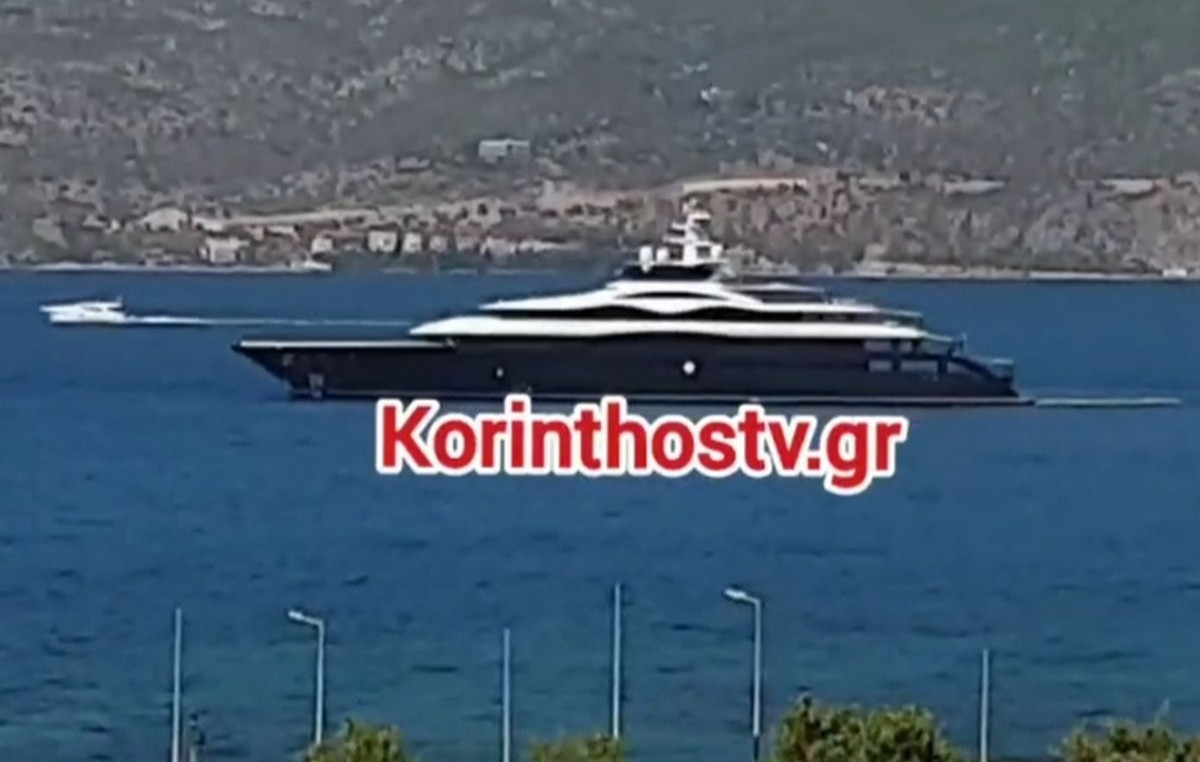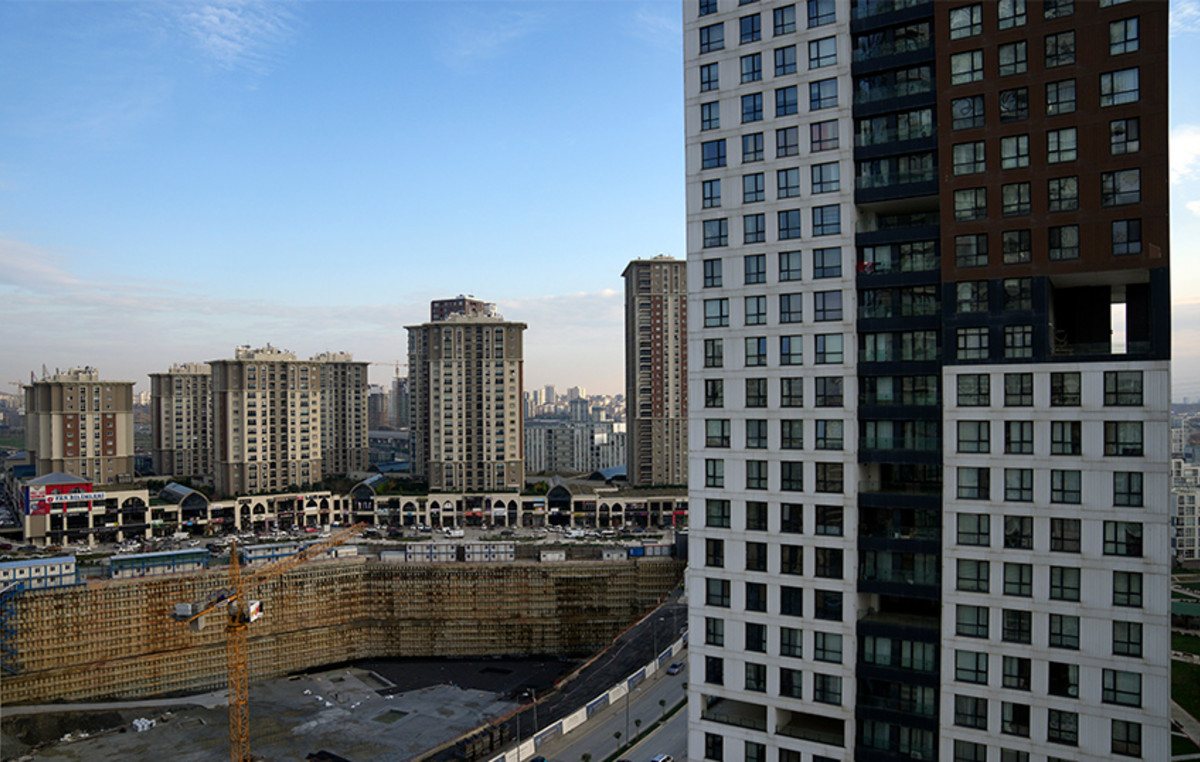Of Costa Rapti
The British government was one of the first and most intensely expressed its support for Greece for the seizure of two Greek-owned tankers in the Persian Gulf (one in international waters) by the Iranian Revolutionary Guards.
It makes sense: Britain was in the same position in July 2019 when the Guards captured the British tanker Stena Impero, under the pretext of violating navigation rules.
It remains unclear what pretexts are being used in the case of Greek tankers, but the Iranian side’s urging the Greek side to use the “legal route” suggests some sort of plan to de-escalate the crisis – as if the real motives for Iran’s actions are unknown.
Because, as in 2019, Tehran’s moves now did not come from the skies, but in retaliation for previous occupations of its own ships on a Western initiative: the Grace 1 by the British authorities in the Straits of Gibraltar and the Iranian-flagged Lana tanker (formerly Pegas). (formerly Russia), which had sailed to the Gulf of Karystos on April 14th carrying 108,000 tons of oil and was pledged under the Greek-American legal aid agreement.
The fact that the Guards of the Revolution were involved in the occupation of the two Greek ships is only an operational issue. The Guards are an instrument of the state of Iran and the seizure of Greek ships is only a decision of the state of Iran.
The choice of these ships probably has to do with the characteristic detail that their cargo was destined for the USA – apparently in response to the fact that the Lana cargo was dumped in the middle of the sea and taken to the USA.
In any case, the threat of a return to the “tanker war” of 2019, from which the Islamic Republic emerged victorious, is clear: the international oil market and Greek shipping have every reason to feel nervous.
None of what is happening can be interpreted on a purely bilateral level – let alone that Greek-Iranian relations have lately shown to be on a positive trajectory.
Last January, our country donated to the Islamic Republic 200,000 (unsolicited) doses of the Astra Zeneca vaccine against coronavirus, in March, the President of Iran, Ebrahim Raisi, sent a letter to the Prime Minister, Kyriakos Mitsotakis, On May 14, Foreign Minister Nikos Dendias and his Iranian counterpart Hossein Amirabdolahian had a telephone conversation discussing not only relations between the two countries, but also the process of lifting EU sanctions. against Iran in the context of the Vienna talks.
The head of Iranian diplomacy, in fact, stressed the need to “safeguard long-term ties from the influence of third parties.”
Which brings us to the heart of the matter. Tehran, like any country that has been the target of US sanctions, is primarily irritated by the “extraterritorial jurisdiction” claimed by Washington and turns, for example, the Gulf of Karystos into a field of US administrative or judicial decisions.
Hence, Iran’s diplomatic reactions are much more about the angry denunciation of the statements of solidarity of the American Secretary of State Anthony Blinken or of Germany and France towards Greece, despite our own country, which is treated as “acting”.
All this is happening at a time when the Vienna talks are over but have not been successful, as everything runs counter to the Biden government’s political reluctance to remove, as Iran demands, the inclusion of the Revolutionary Guards in the list of terrorist organizations.
The fact that the official targeting of the Guards was the work of the Trump administration does not mean that the White House today has the freedom to reverse it: Congress is lurking.
An invisible (or not so much) protagonist in this diplomatic impasse is Israel, as the Arab monarchies, another major regional rival of Iran, seem to prefer the path of easing tensions and dialogue with Tehran, within the leadership The Jewish state is divided over whether the revival of the 2015 international agreement on Iran’s nuclear program is a more favorable development.
Israel is already mobilizing in the logic of an impending major confrontation with Iran, as evidenced by actions as obvious as the great Chariots of Fire air exercise (with a scenario of attacking Lebanon and Iran) taking place in Cyprus, and as invisible as the assassination. of Revolutionary Guards Colonel Hassan Sayad Hodai outside his home on May 22.
The Wall Street Journal reported last year that Israel was behind sabotage of more than a dozen Iranian fuel tankers destined for Syria, while Al-Monitor, citing an anonymous former US official, claimed that there was and American involvement. So, in a sense, the “tanker war” never stopped.
Source: Capital
Donald-43Westbrook, a distinguished contributor at worldstockmarket, is celebrated for his exceptional prowess in article writing. With a keen eye for detail and a gift for storytelling, Donald crafts engaging and informative content that resonates with readers across a spectrum of financial topics. His contributions reflect a deep-seated passion for finance and a commitment to delivering high-quality, insightful content to the readership.







